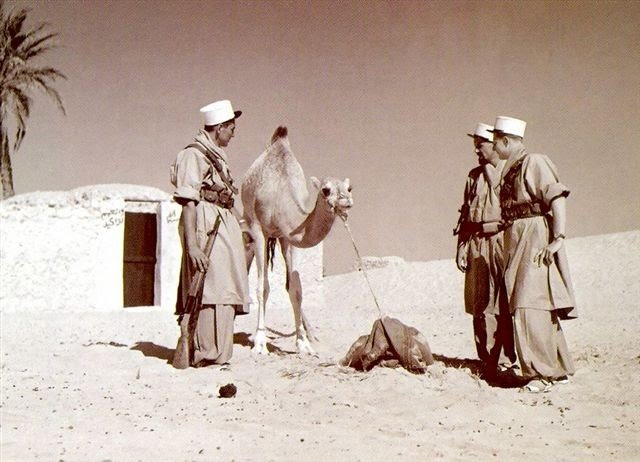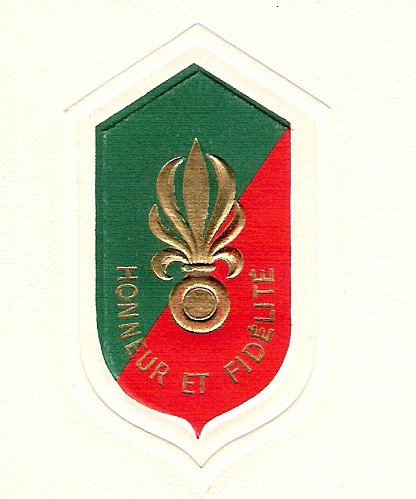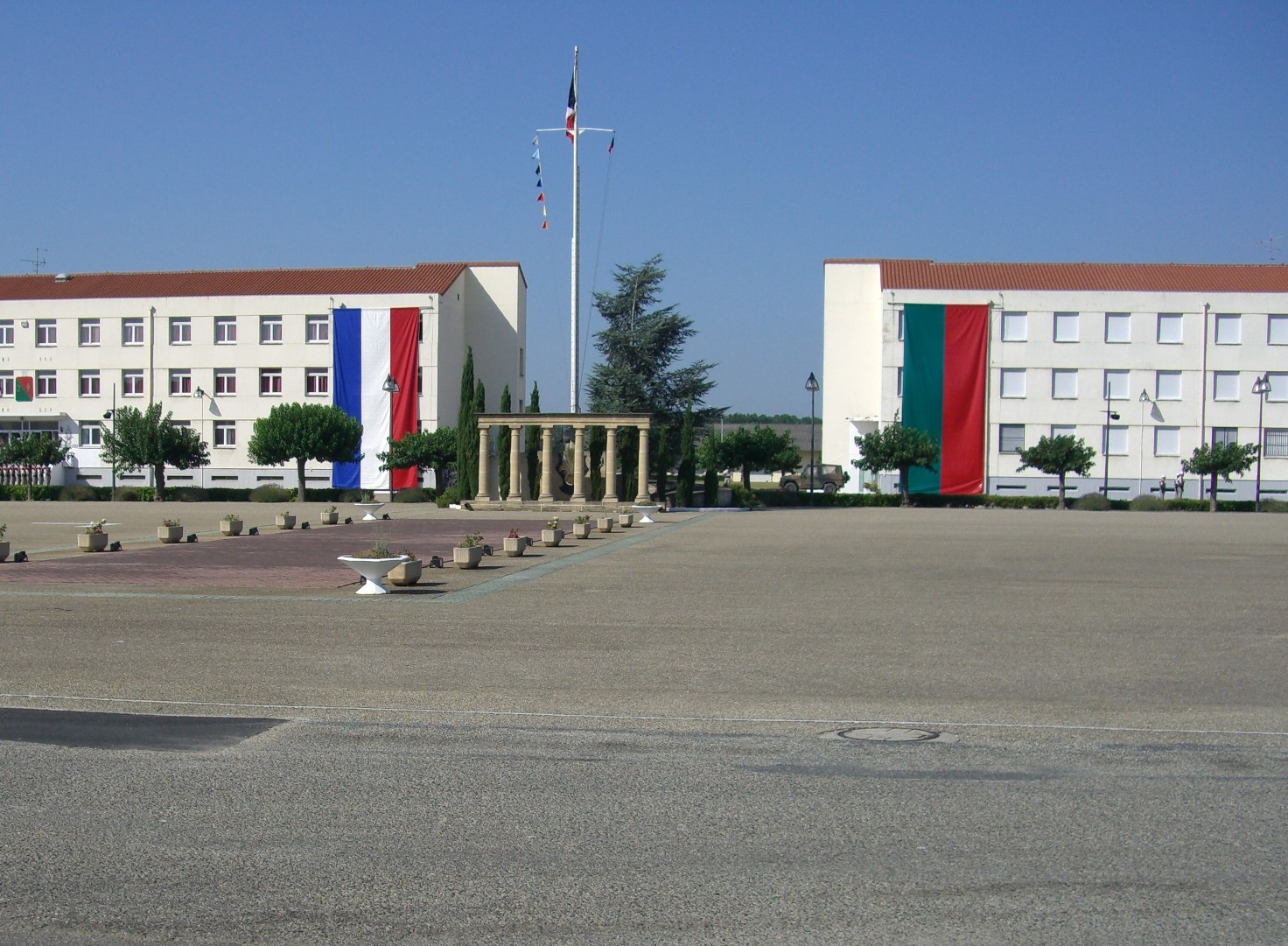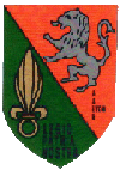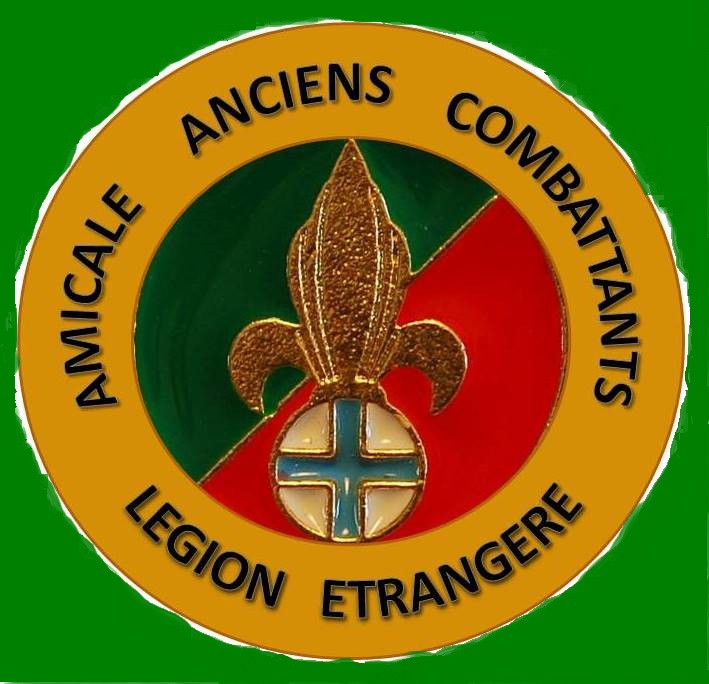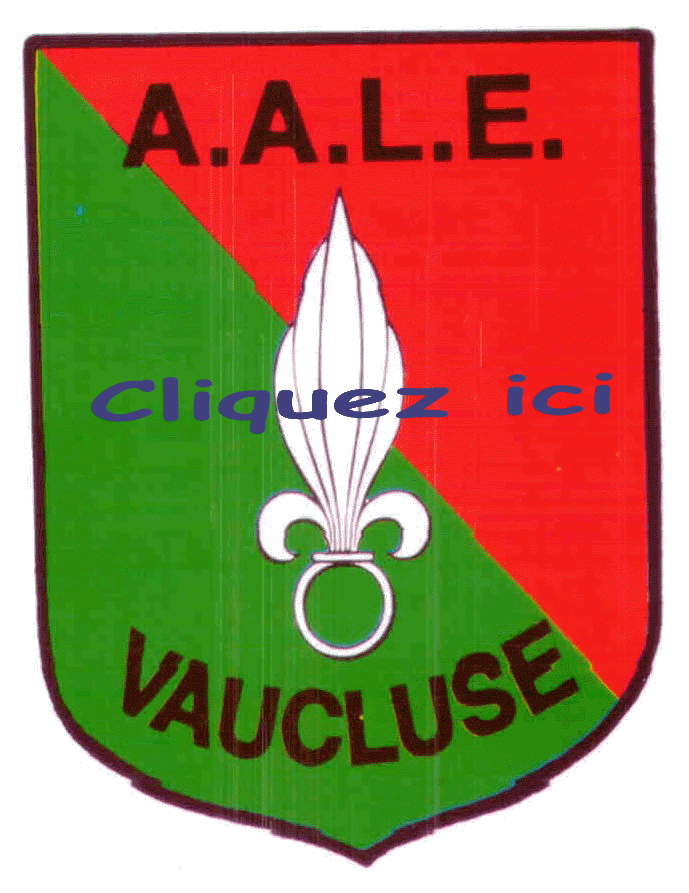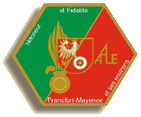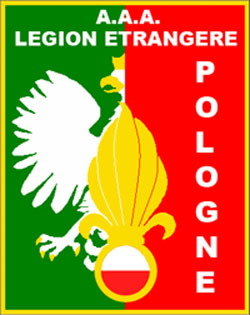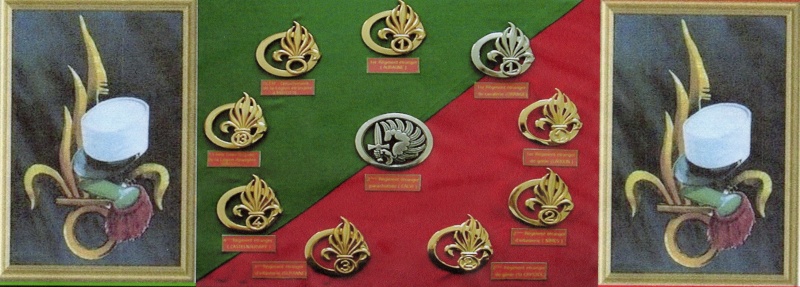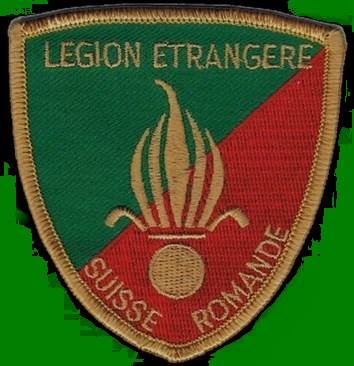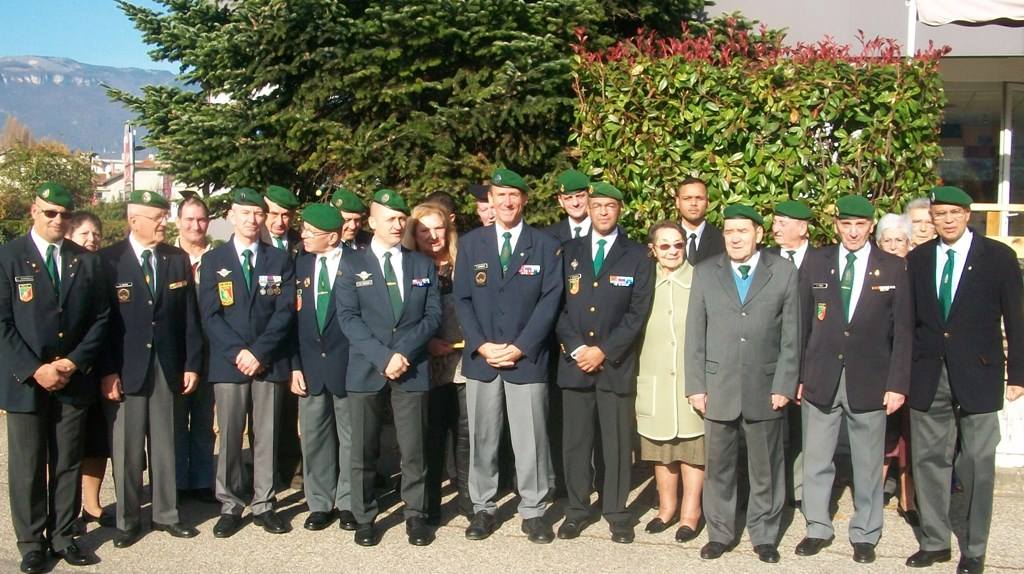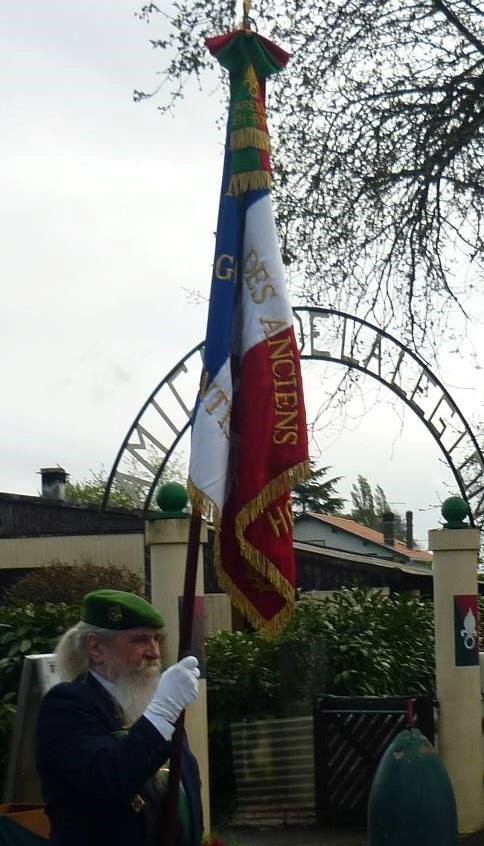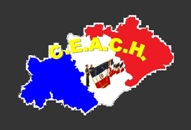

5 May 2014
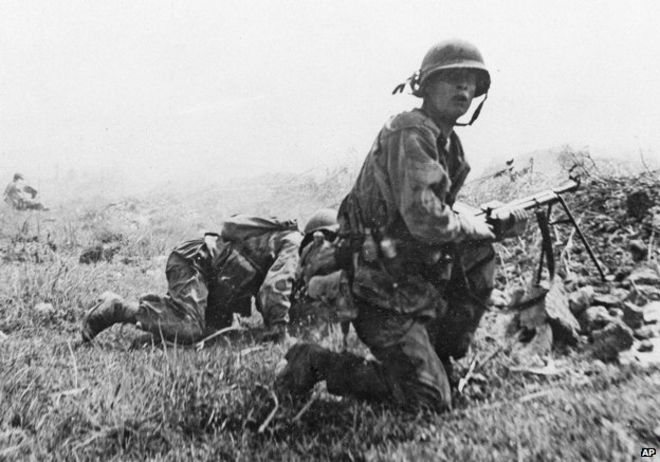
Sixty years ago this week, French troops were defeated by Vietnamese forces at Dien Bien Phu. As historian Julian Jackson explains, it was a turning point in the history of both nations, and in the Cold War - and a battle where some in the US appear to have contemplated the use of nuclear weapons.
"Would you like two atomic bombs?" These are the words that a senior French diplomat remembered US Secretary of State John Foster Dulles asking the French Foreign Minister, Georges Bidault, in April 1954. The context of this extraordinary offer was the critical plight of the French army fighting the nationalist forces of Ho Chi Minh at Dien Bien Phu in the highlands of north-west Vietnam.
The battle of Dien Bien Phu is today overshadowed by the later involvement of the Americans in Vietnam in the 1960s. But for eight years between 1946 and 1954 the French had fought their own bloody war to hold on to their Empire in the Far East. After the seizure of power by the Communists in China in 1949, this colonial conflict had become a key battleground of the Cold War. The Chinese provided the Vietnamese with arms and supplies while most of the costs of the French war effort were borne by America. But it was French soldiers who were fighting and dying. By 1954, French forces in Indochina totalled over 55,000.
At the end of 1953, French commander in chief Gen Navarre had decided to set up a fortified garrison in the valley of Dien Bien Phu, in the highlands about 280 miles from the northern capital of Hanoi. The valley was surrounded by rings of forested hills and mountains. The position was defensible providing the French could hold on to the inner hills and keep their position supplied through the airstrip. What they underestimated was the capacity of the Vietnamese to amass artillery behind the hills. This equipment was transported by tens of thousands of labourers - many of them women and children - carrying material hundreds of miles through the jungle day and night. On 13 March the Vietnamese unleashed a massive barrage of artillery and within two days two of the surrounding hills had been taken, and the airstrip was no longer usable. The French defenders were now cut off and the noose tightened around them.
It was this critical situation which led the French to appeal in desperation for US help. The most hawkish on the American aide were Vice-President Richard Nixon, who had no political power, and Admiral Radford, Chair of the Joint Chiefs of Staff. Also quite hawkish was the US Secretary of State John Foster Dulles, who was obsessed by the crusade against Communism. More reserved was President Eisenhower who nonetheless gave a press conference in early April where he proclaimed the infamous "domino theory" about the possible spread of Communism from one country to another.
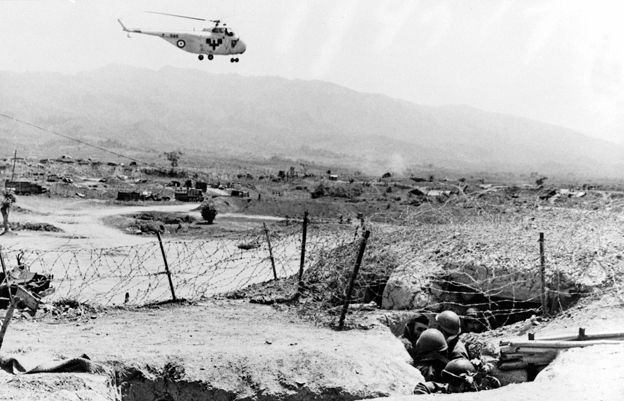
"You have a row of dominoes set up, you knock over the first one, and what will happen to the last one is the certainty that it will go over very quickly," he said. "So you could have a beginning of a disintegration that would have the most profound influences."
Saturday 3 April 1954 has gone down in American history as "the day we didn't go to war". On that day Dulles met Congressional leaders who were adamant they would not support any military intervention unless Britain was also involved. Eisenhower sent a letter to the British Prime Minister Winston Churchill warning of the consequences for the West if Dien Bien Phu fell. It was around this time, at a meeting in Paris, that Dulles supposedly made his astonishing offer to the French of tactical nuclear weapons.
In fact, Dulles was never authorised to make such an offer and there is no hard evidence that he did so. It seems possible that in the febrile atmosphere of those days the panic-stricken French may simply have misunderstood him. Or his words may have got lost in translation.
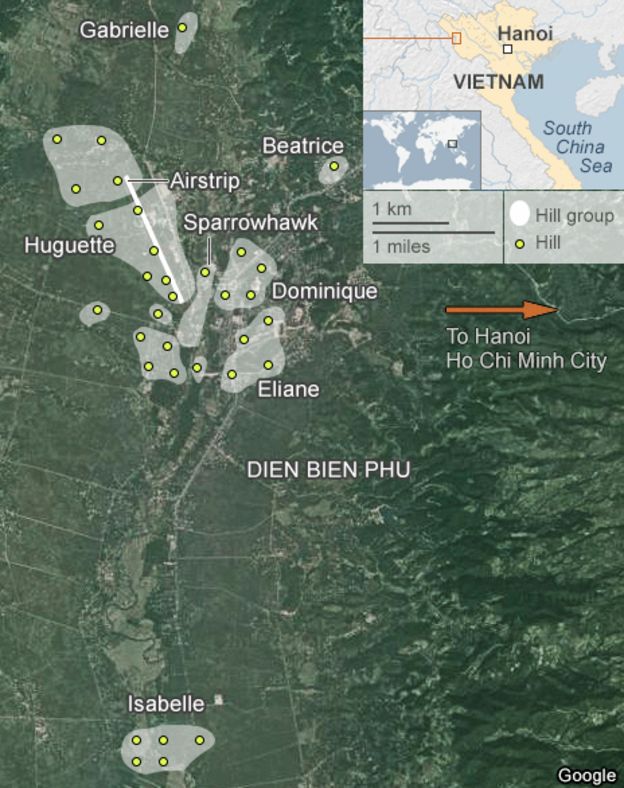
"He didn't really offer. He made a suggestion and asked a question. He uttered the two fatal words 'nuclear bomb'," Maurice Schumann, a former foreign minister, said before his death in 1998. "Bidault immediately reacted as if he didn't take this offer seriously."
According to Professor Fred Logevall of Cornell University, Dulles "at least talked in very general terms about the possibility, what did the French think about potentially using two or three tactical nuclear weapons against these enemy positions".
Bidault declined, he says, "because he knew… that if this killed a lot of Viet Minh troops then it would also basically destroy the garrison itself".
In the end, there was no American intervention of any kind, as the British refused to go along with it.
The last weeks of the battle of Dien Bien Phu were atrociously gruelling. The ground turned to mud once the monsoon began, and men clung to craters and ditches in conditions reminiscent of the battle of Verdun in 1916. On 7 May 1954, after a 56-day siege, the French army surrendered. Overall on the French side there were 1,142 dead, 1,606 disappeared, 4,500 more or less badly wounded. Vietnamese casualties ran to 22,000.
In this year marked by two other major anniversaries - the centenary of the outbreak of World War One and the 70th anniversary of D-Day - we should not forget this other battle that took place 60 years ago. In the history of decolonisation it was the only time a professional European army was decisively defeated in a pitched battle. It marked the end of the French Empire in the Far East, and provided an inspiration to other anti-colonial fighters. It was no coincidence also that a few weeks later a violent rebellion broke out in French Algeria - the beginning of another bloody and traumatic war that was to last eight years. The French army held so desperately on to Algeria partly to redeem the honour it felt had been lost at Dien Bien Phu. So obsessed did the army become by this idea that in 1958 it backed a putsch against the government, which it believed was preparing what the generals condemned as a "diplomatic Dien Bien Phu". This putsch brought back to power Gen de Gaulle who set up the new presidential regime that exists in France today. So the ripples of Dien Bien Phu are still being felt.
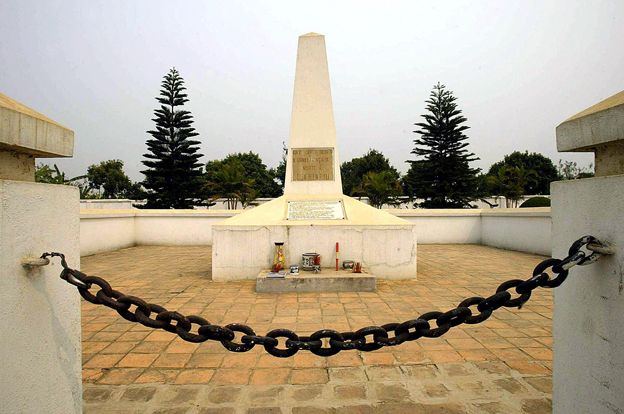
A memorial in Dien Bien Phu commemorates the French soldiers who died there
It was also in 1954 that France began working on its own independent nuclear deterrent.
For the Vietnamese, however, Dien Bien Phu, was only the first round. The Americans, who had refused to become directly involved in 1954, were gradually sucked into war - the second Vietnam War - during the 1960s.




































